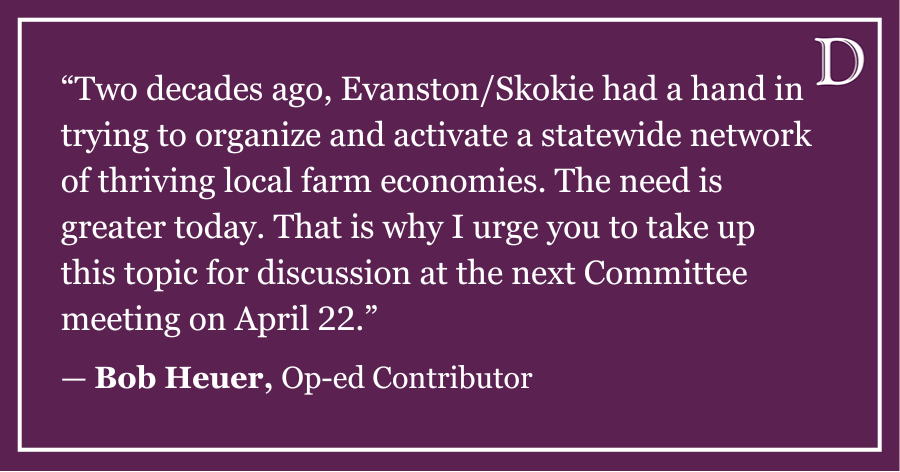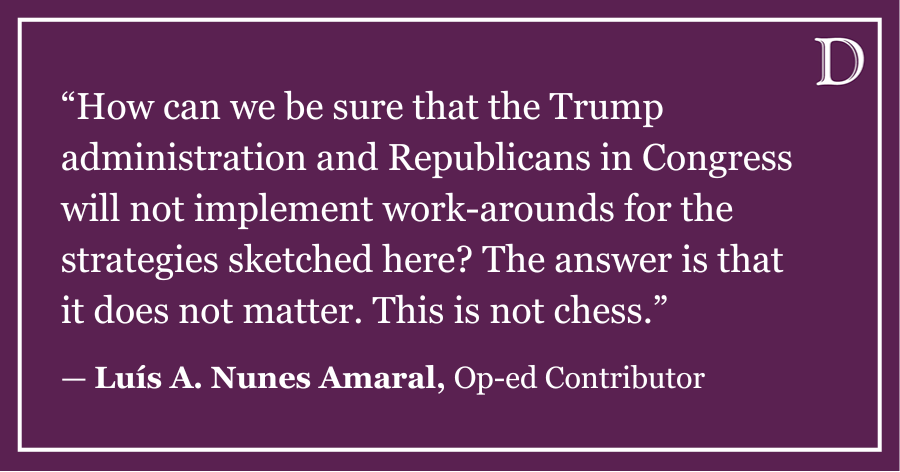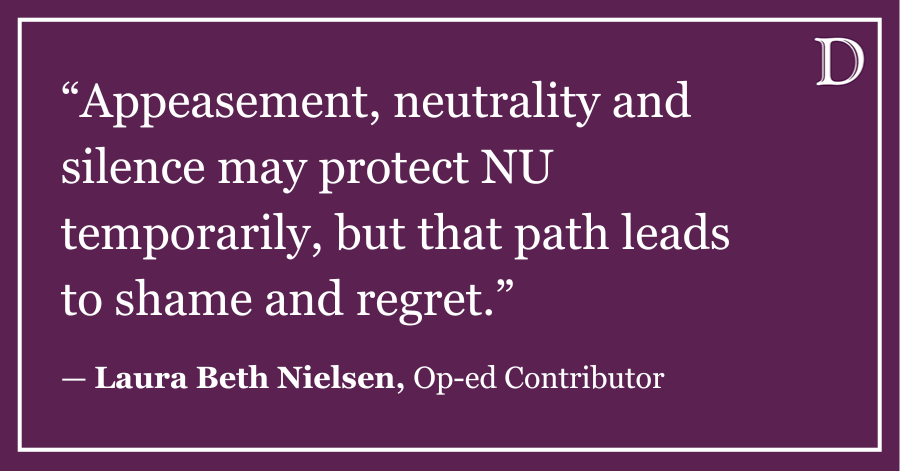I’m not a very “social reader.”
When I was a kid, I had this bizarre distaste for sharing books. Not just the physical volumes, I mean I did not like the fact that other people read “my” stories. At about eight, I was sort of like those music snobs who can’t handle sharing their preferences with the mainstream, but replace Vampire Weekend with “A Wrinkle in Time.”
I knew it was wrong. Not sharing defied elementary school’s most basic commandment. There was even this quotation they told us that went, “Happiness is only real when shared.” I suppose it’s a nice sentiment when it comes to candy bars and picture books, but I think there’s a lot to be said for private, individual experiences, for walking alone on the lakefill without posting a picture of the view to Facebook. I think we need to remember that happiness is perfectly real when we share it with just ourselves, not just when we make it a status to be liked.
As you might be able to guess, I’m having a little trouble with The Washington Post’s new Social Reader application on Facebook. Before I really knew what it was, I kept reading these news feed updates that kept telling me so-and-so friend had read three articles. “What do you want?” I thought. “A medal?”
After learning that my friends were not looking for validation (at least not that openly), I felt some trepidation about adding the application myself, but curiosity eventually got the better of me. I finally did it after more than a month of reading updates in my news feed about what my friends had read and Googling the headlines to find the articles outside the application.
When I added Social Reader, I was careful not to let the first article I read be about Justin Bieber’s impending paternity test, though that’s the article for which I really added the application. I want to participate in the “social” aspect, but the fact that everyone I know has instant access to what I’m reading completely colors my experience with the articles. In addition to needing the freedom to read whatever embarrassing drivel I want, I also stand by my childhood belief that there’s a lot of individual fulfillment to be had in a one-on-one interaction with a text.
In a lot of ways I love the social reader. I love knowing what other people are reading, but that comes with my creepy journalistic tendency of always wanting to know what other people are up to. While this is a charming little development in the world of online media, I find myself hoping this does not become the norm for all of my engagements with digital news. I will go to Social Reader specifically to read what my friends are reading, but I will also need to go elsewhere to read privately. I’ll still need to curl up with my laptop by myself and not go story for story with my Facebook friends.
I got over my elementary-school selfishness by realizing I could recommend the books I loved to my friends. I could pretend the book was mine and only mine until I was ready to let go. I like to exercise the same kind of agency over the things I read online. I still like to read like no one is watching.
Ali Elkin is a Medill senior. She can be reached at a.elkin@u.northwestern.edu.






